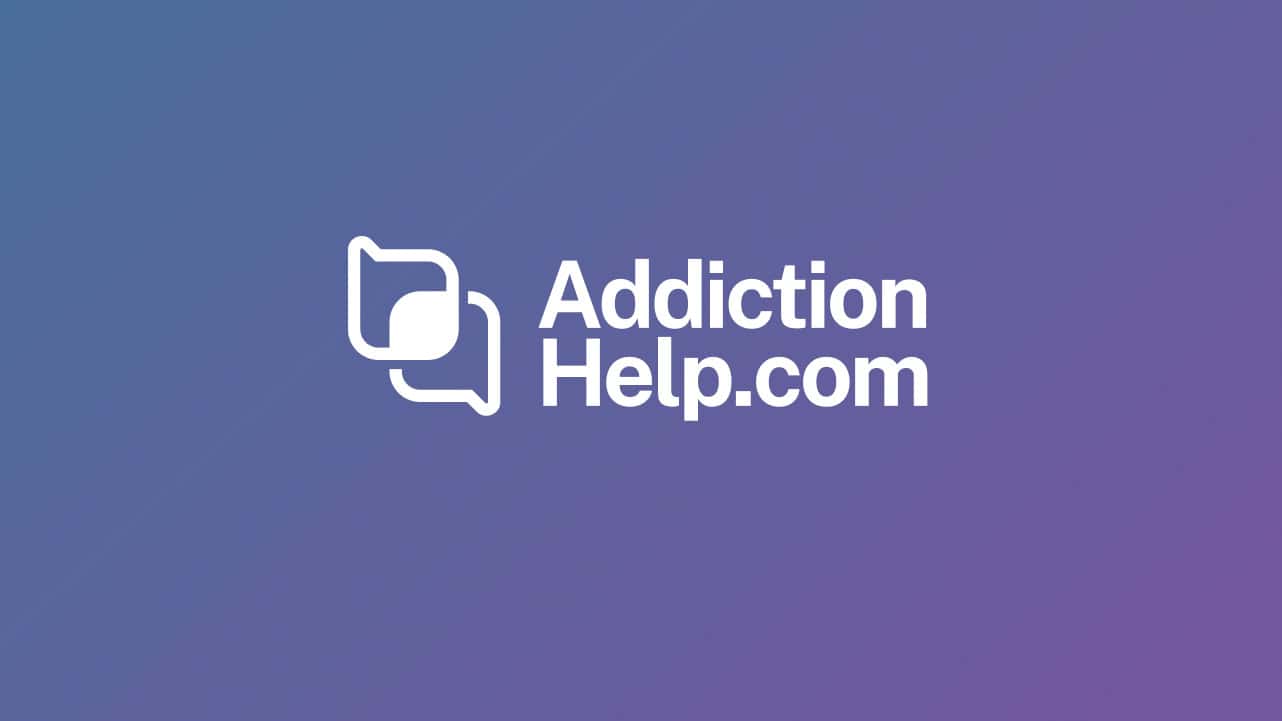About Us

The AddictionHelp.com team has spent over 20 years helping people navigate addiction and recovery through trusted, expert-reviewed information. Founded by a board-certified addiction doctor, long-term grateful recovering addicts, and the spouse of an addict, we offer unbiased, research-backed resources to guide individuals and families toward real solutions.
Our mission is simple: to provide honest, reliable information that empowers individuals and families to make informed decisions about their health and recovery.
Ethical Practices Statement:
We believe in transparency, integrity, and putting people first. We never engage in patient brokering, paid referrals, or deceptive practices.
AddictionHelp.com provides expert-reviewed, trusted, and free resources to help individuals and families navigate addiction and recovery.

Meet Our Leadership Team
AddictionHelp.com is the brainchild of lifelong addiction recovery advocates.
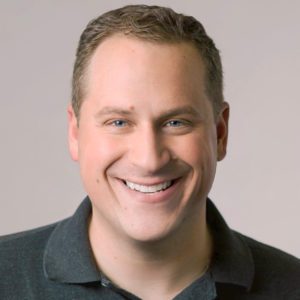
Chris Carberg
Co-Founder & Mental Health Advocate
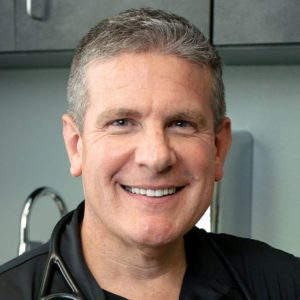
Kent S. Hoffman, D.O.
Co-Founder & Chief Medical Officer
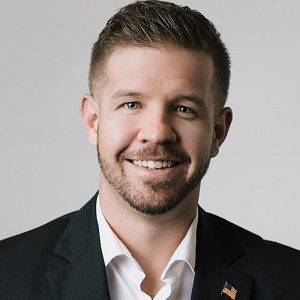
Michael Moesch
Co-Founder & Digital Strategist
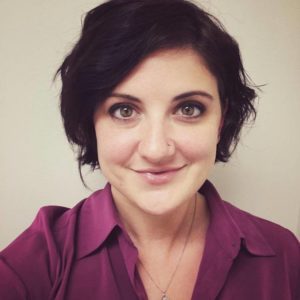
Jessica Miller
Editorial Director
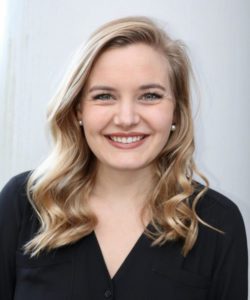
Kristen Umholtz, LMHC
Licensed Mental Health Counselor (LMHC)
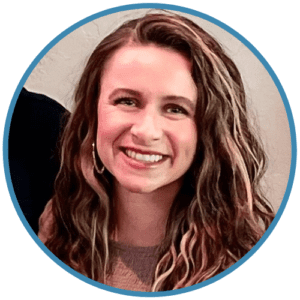
Kerilyn Ward, BSN, RN
Registered Nurse

Jenna Carberg
Women's Mental Health Advocate
How We Help You Recover
Learn the truth behind addiction and why recovery isn’t just about willpower.
Get connected with trusted medical professionals and evidence-based treatment options.
Develop a proven, personalized strategy for long-term recovery.
Our History
AddictionHelp.com was founded by dedicated advocates committed to improving addiction recovery through trusted, unbiased resources.
Take the First Step Toward Recovery
Recovery begins with a choice. We’re here to guide you toward the right treatment for you, offering expert-reviewed resources and access to support options every step of the way. Whether you’re struggling with addiction or helping a loved one, you are not alone. Let us help you take the first step.
Battling addiction and ready for help?
Find Treatment NowOur Approach
Through compelling original shows and meticulously curated resources, our website serves as a dynamic hub for exploring addiction, recovery, and the path to healing. Whether you’re seeking insight, support, or inspiration, we bring together the voices, stories, and expertise that matter most.
Original Streaming Shows
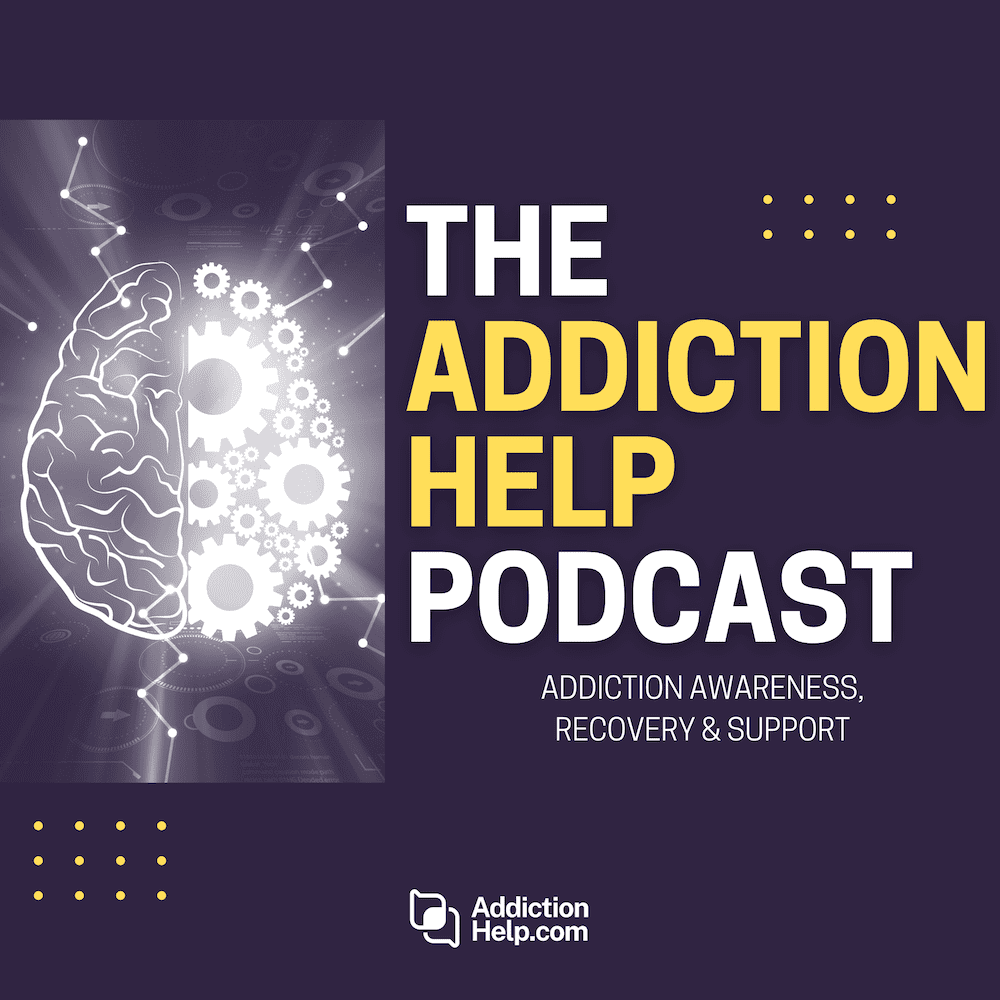
The Addiction Help Podcast
Welcome to the Addiction Help Podcast, your go-to resource for valuable insights, inspiring stories, and practical tips on addiction and addiction recovery. We are dedicated to empowering individuals, supporting families, and fostering a community of strength and resilience. We explore various addiction-related topics through engaging discussions, expert interviews, and personal narratives, including substance abuse, behavioral addictions, mental health, recovery strategies, etc. Our caring and knowledgeable hosts bring a wealth of expertise and genuine passion to each episode, ensuring that every topic is approached with sensitivity and respect.
Latest Episodes
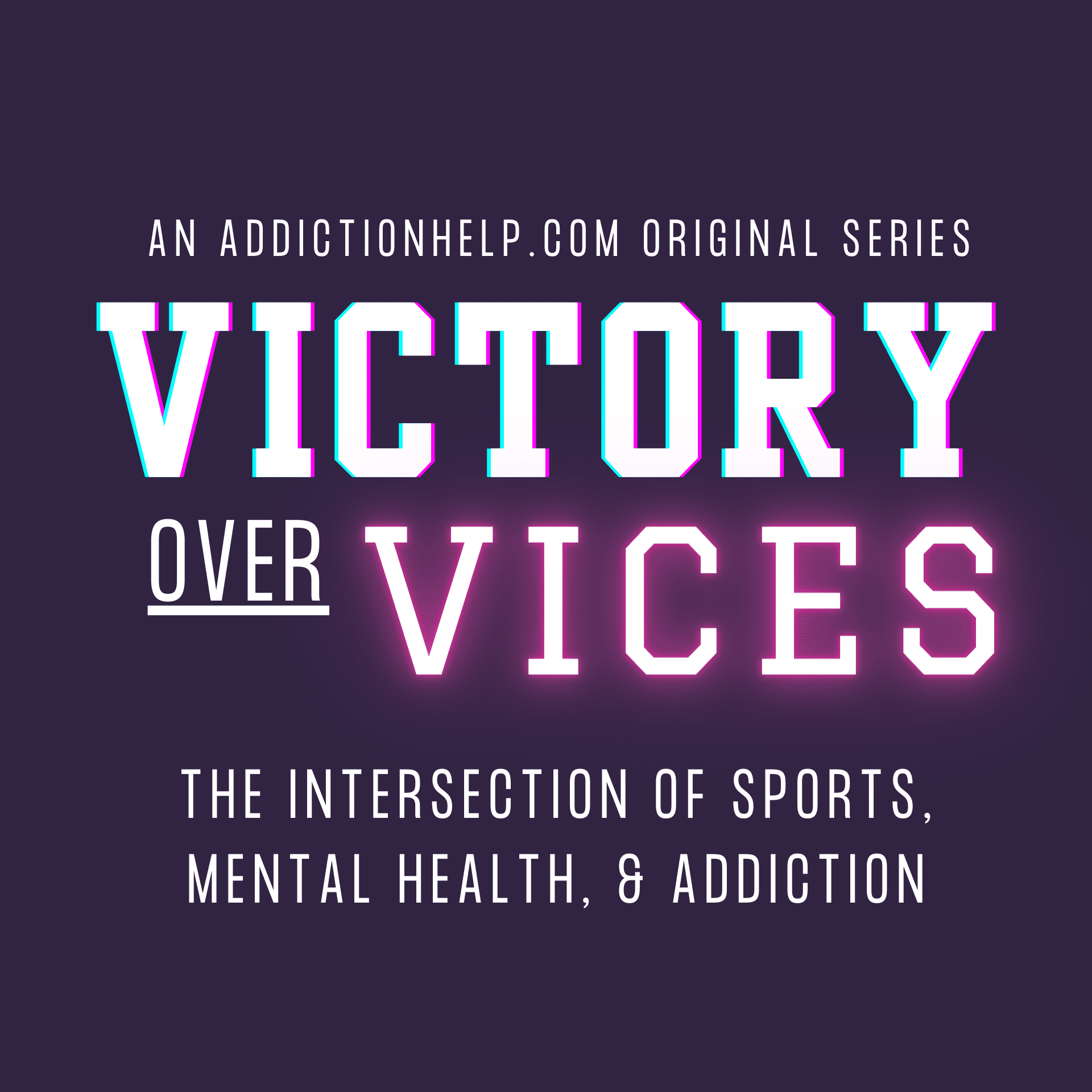
Victory Over Vices
Victory Over Vices with Dan Hauser is a unique blend of the world of sports and the struggles that arise from addiction, compulsive behaviors, and other issues that require a champion’s mentality. In this new show, we explore some of the most controversial topics in popular culture today to shed light on the victories that many have achieved. He also highlights the potential risk factors that still loom large in society. Join us weekly as Dan and his guests talk about broken roads and how to persevere. Learn how real life often kicks off AFTER the whistle blows.
Latest Episodes
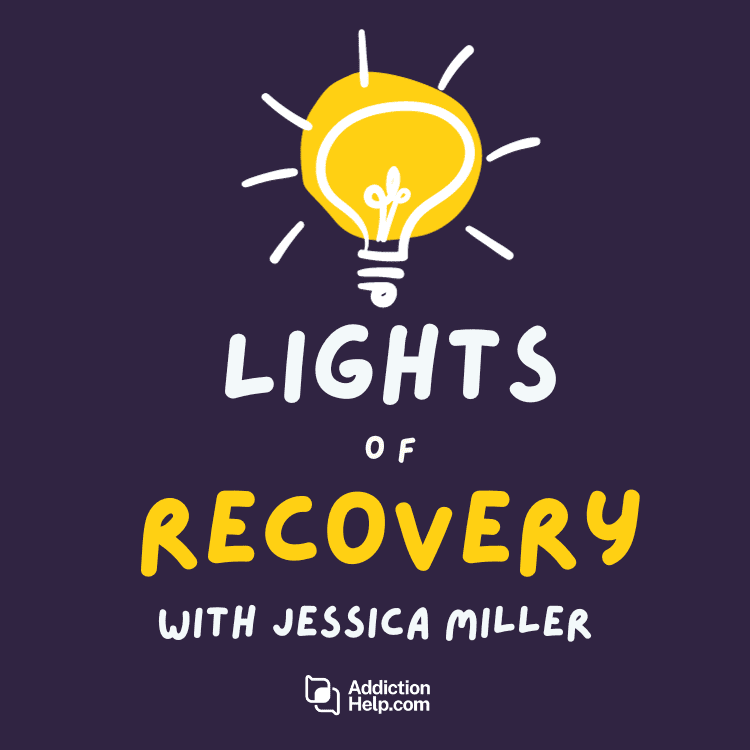
Lights of Recovery
Lights of Recovery with Jessica Miller shines a beacon of hope through true stories of resilience, healing, and transformation. This heartfelt series shares the journeys of individuals facing addiction, the loved ones who support them, and the victories they achieve along the way. Through candid conversations, emotional narratives, and uplifting insights, Jessica offers inspiration to those seeking a path forward. Whether you’re in recovery, supporting someone who is, or simply looking for stories of strength, this show serves as a reminder that hope is always within reach.


